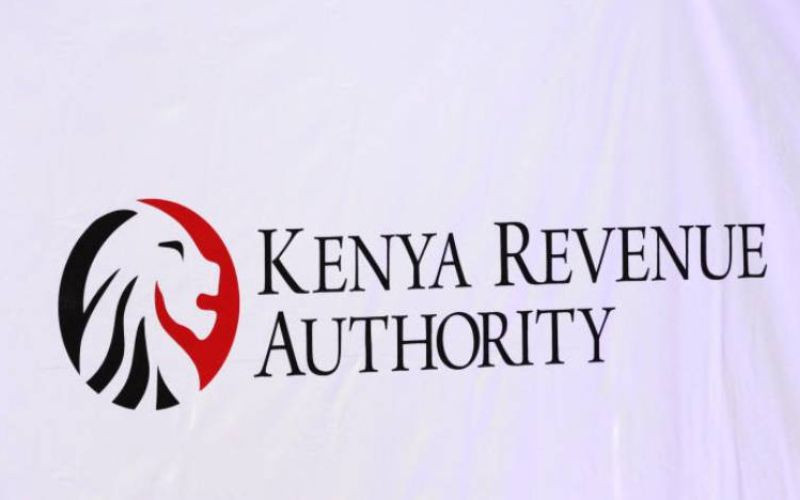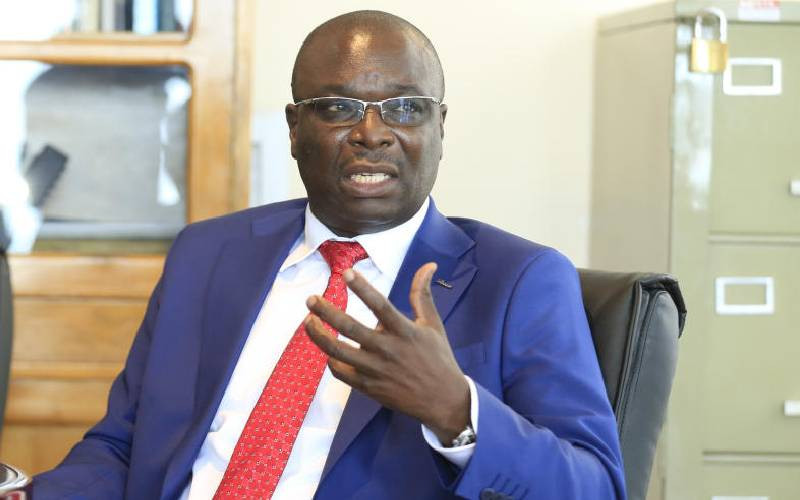
The Kenya Wildlife Service (KWS) has proposed a set of conservation fees in a move to address Sh12 billion annual funding gap.
KWS says the shortfall has significantly constrained the capacity to fulfill its conservation mandate.
If approved, the Wildlife Conservation and Management (Access and Conservation Fees) Regulations, 2025, will raise entry fees to national parks, reserves, sanctuaries, and marine protected areas. This will see park revenues almost double to Sh16.58 billion by 2028.
“For over a decade, our conservation fee structure has remained static despite rising costs, evolving visitor expectations, and increasing threats to wildlife,” said Director General Erustus Kanga.
“This review is not just about revenue, it is about the survival of our wildlife and the resilience of our conservation systems. The proposed changes are part of a broader revenue enhancement strategy designed to support core conservation activities.”
KWS said the proposed changes were informed by an impact assessment that went through a countrywide public participation process.
Since 2007, park access and conservation fees have remained unchanged, even as inflation and operational demands surged.
KWS generates 90 per cent of its internal revenue from tourism. In the 2024/2025 financial year, this stood at Sh7.92 billion, far below the Sh19.79 billion the agency needs to meet its conservation obligations.
Prof Kanga said strained anti-poaching operations, delayed infrastructure upgrades and growing tensions in areas grappling with human-wildlife conflict derail effective operations.
“We are facing a widening fiscal deficit that undermines not only conservation, but also the livelihoods of over one million Kenyans whose jobs depend on a thriving wildlife economy ranging from community scouts and rangers to tour operators, hoteliers, and artisans,” he said.
KWS is inviting public feedback on the proposed regulations, which are gazetted in Kenya Gazette Vol. CXXVII—No. 148 dated July 9, 2025, and available on the KWS website.







